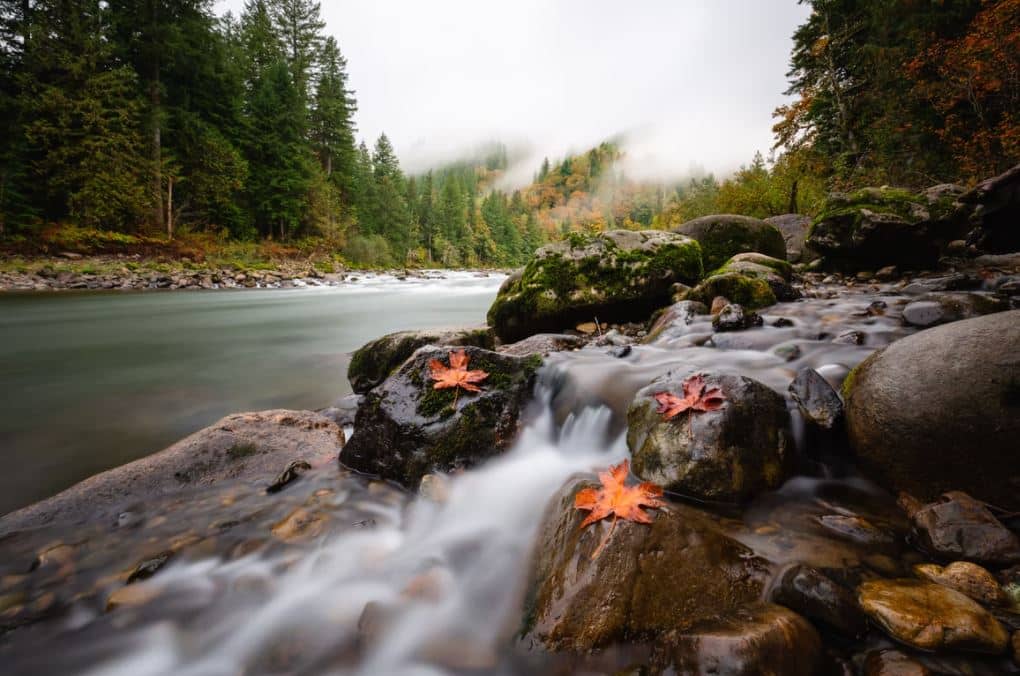Supreme Court Sides With Tennessee in Dispute Over Aquifer Water Rights

WASHINGTON — The U.S. Supreme Court ruled this week that Tennessee and Mississippi must limit their use of water from an underground aquifer to give each other a chance at it.
The ruling takes on added significance as global warming makes water rights a touchier subject between states whose water reserves are drying up.
Mississippi claimed it owned all the water within its borders, regardless of whether the aquifer extended into Tennessee.
The unanimous ruling from the Supreme Court disagreed. Instead, it reaffirmed the court’s commitment to the “equitable apportionment” doctrine it has advocated for years in water rights disputes.
Mississippi “contends that it has sovereign ownership of all groundwater beneath its surface, so equitable apportionment ought not apply,” says the Supreme Court opinion written by Chief Justice John Roberts. “We see things differently.”
Mississippi claimed Tennessee needed to pay $615 million in restitution for water pumped out of the Middle Claiborne Aquifer from the Memphis area. The Supreme Court said no payment was necessary.
The interstate lawsuit has been winding its way through federal courts since 2005 but eluded a faster resolution because an aquifer was the main issue.
Previously, federal courts have used the equitable apportionment doctrine to determine water rights for rivers and streams but never for an aquifer. Equitable apportionment gives courts authority to order limits on how much water each state can use.
An example was the Supreme Court’s 2018 ruling in Texas v. New Mexico and Colorado. The court ruled that the federal government has a right to intervene in interstate disputes over water rights.
The Supreme Court faulted New Mexico for taking more than its fair share of water from the Rio Grande Basin in violation of a 1938 interstate compact.
Mississippi argued the doctrine would not apply to an aquifer because its natural flow is extremely slow, unlike rivers or streams.
The Supreme Court said the rate of flow is irrelevant. More important is the amount of water flow, which consists of more than 35 million gallons per day or 10 billion gallons per year.
“It is certainly true that each state has full jurisdiction over the lands within its borders, including the beds of streams and other waters,” the Supreme Court decision said. “But such jurisdiction does not confer unfettered ownership or control of flowing interstate waters themselves.”
It added that under Mississippi’s position, one state could “completely cut off” water to a downstream state.
When Mississippi’s appeal reached the Supreme Court in 2014, the justices appointed a special master to investigate and to make recommendations.
A Nov. 5, 2020, special master’s report said, “Mississippi thinks Tennessee has stolen and continues to steal its water. Easy enough.
“Underground, however, things get a little more complicated. The geology contains various rock formations and complex hydrology. And Mississippi claims those subsurface differences require distinguishing its water from the water that sits below other states. Tennessee, on the other hand, thinks any of those geological differences are much ado about nothing.”
After the court’s ruling this week, Tennessee Attorney General Herbert H. Slatery III said in a statement, “We now have some finality. It’s a clear victory for Tennessee on all issues and for all states who share underground water resources.”
Tom can be reached at [email protected]
























